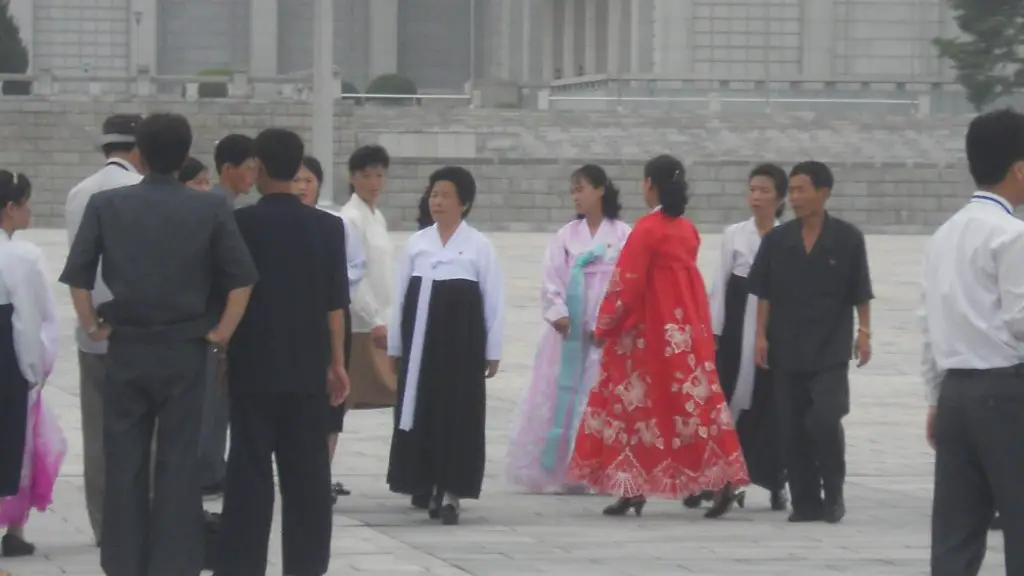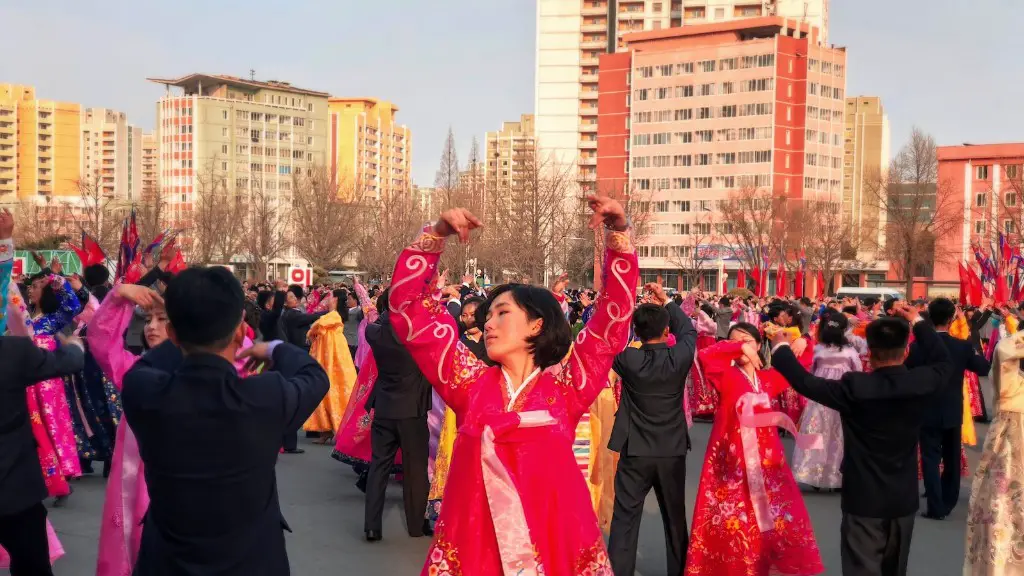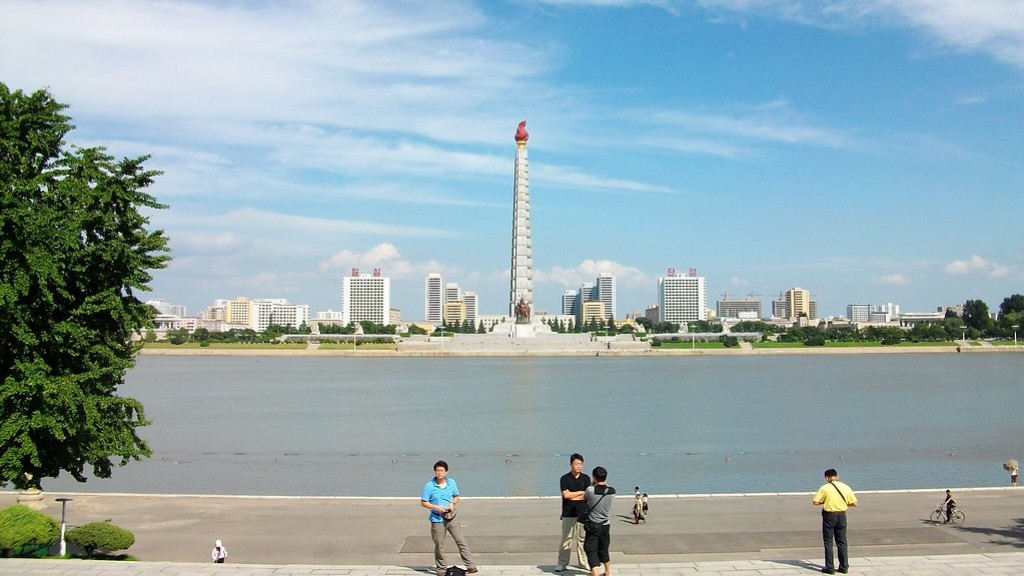As one of the world’s few remaining totalitarian communist states, North Korea is shrouded in mystery and intrigue. Strict control from the government keeps travelers and outsiders largely unexposed to this region’s culture, history and way of life. But what is it really like to live in North Korea?
Daily life inside North Korea is a difficult life, without the same freedoms and opportunities available to citizens of the Western world. Everyday the people must labor to earn basic necessities like food, clothing, and shelter. Many of the poor struggle to maintain a living in the rural areas, as most of the resources go to the people central Pyongyang.
North Korea runs outside of many international regulations as the country clings to the ideals of the Workers’ Party, a single-party state that reigns over the majority of the nation’s citizens. The official governing party does not permit the practice of many religions besides their own “Juche” ideology and any religious activity is closely monitored. Freedom of expression is also heavily regulated, mainly because the government carefully chooses what the citizens can hear or see.
The government of North Korea uses public infrastructure and media sources to propagate a restricted version of the truth, simplifying the way citizens interact with the world around them. People who are labeled as “anti-state” may be sent to labor prison camps where they may face harsh punishment, torture, and execution, as a way to keep the country’s citizens in line.
The standard of living in North Korea is extremely low in comparison to other countries. The majority of the population lives on a diet that is primarily composed of anchovies, rice, and kimchi. In order to cope with the limited resources, most North Koreans have resorted to trading and bartering with other countries.
The economic outlook of North Korea is also worsening. The economy is heavily reliant on China for foreign aid, and its citizens are having trouble accessing essentials such as fuel and food. This has caused widespread malnourishment and disease, resulting in a high infant mortality rate.
Education
Education in North Korea is heavily reliant on the government’s “juche” ideology, an ideology that focuses on self-reliance and the worship of the nation’s three leaders – Kim Il Sung, Kim Jong Il, and Kim Jong Un. All schools and universities use national curriculum as mandated by the government, which often overlooks scientific knowledge and focuses on extolling the praises of the Worker’s Party.
Most North Koreans have limited access to schools, though the government provides primary education to all citizens. Higher education is accessible to those who excel in school and pass a series of examinations. Those who are accepted into universities often have to pay high tuition fees and must adhere to a strict schedule of attendance, even being subject to surprise visits from party leaders.
Technology
Although North Korea is still mostly isolated from the rest of the world, it has recently begun to embrace the idea of modern technological progress. It has implemented a number of technological innovations that allow the country to stay connected to the outside world. Telecommunications technology like mobile phones and the internet are regarded as essential tools in the country.
The government has heavily restricted public access to the internet, blocking social media sites, news sites and any website that may contain western influences. In addition, the government monitors any online communication and heavily restricts freedom of expression online.
Propaganda
Propaganda is used heavily in North Korea as a way for the government to maintain control over its citizens. Public rallies, speeches, and television broadcasts are used to glorify the current leader and to promote loyalty to the Worker’s Party. People are also encouraged to learn the communist ideologies of the government and to abide by a strict code of conduct.
Any publications which contain western influences are strictly forbidden and those who are caught in possession of such materials are subject to harsh punishments. The media also strongly supports the government and often paints a positive image of life in North Korea.
Leisure
Leisure activity in North Korea is heavily regulated and monitored by the government. Most recreational activities are centered around patriotism and loyalty to the Worker’s Party. Citizens are encouraged to spend their free time attending public rallies and listening to speeches made by the ruling party.
Those who are privileged enough, however, are able to access more luxury activities. North Korea is home to a number of resorts and golf courses, though these are mostly accessible only to privileged citizens and Central Party Officials.
Tourism
Tourism in North Korea is strictly regulated and monitored by the government. Tourists are usually restricted to areas of Pyongyang and can only visit certain places with their government-appointed tour guide. Traveling to any other part of the country is generally prohibited and is punishable by the government.
Tourists are not allowed to use local currency and must bring in their own foreign currency for their trip. Tourists are not allowed to talk to any of the locals, and any attempts to engage in conversations may lead to severe consequences for both the tourist and the local.
Conclusion
The living conditions inside North Korea are challenging, to say the least. The government strictly controls everyday life and enforces harsh punishments on those who speak out against the state.
Despite the fact that some people are able to enjoy certain freedoms and access certain resources, the majority of citizens have limited access to basic amenities, receive limited education, and have extremely limited access to technology. The total control of the ruling party, as well as harsh punishments to any opposition, keeps North Korea isolated from the world.


